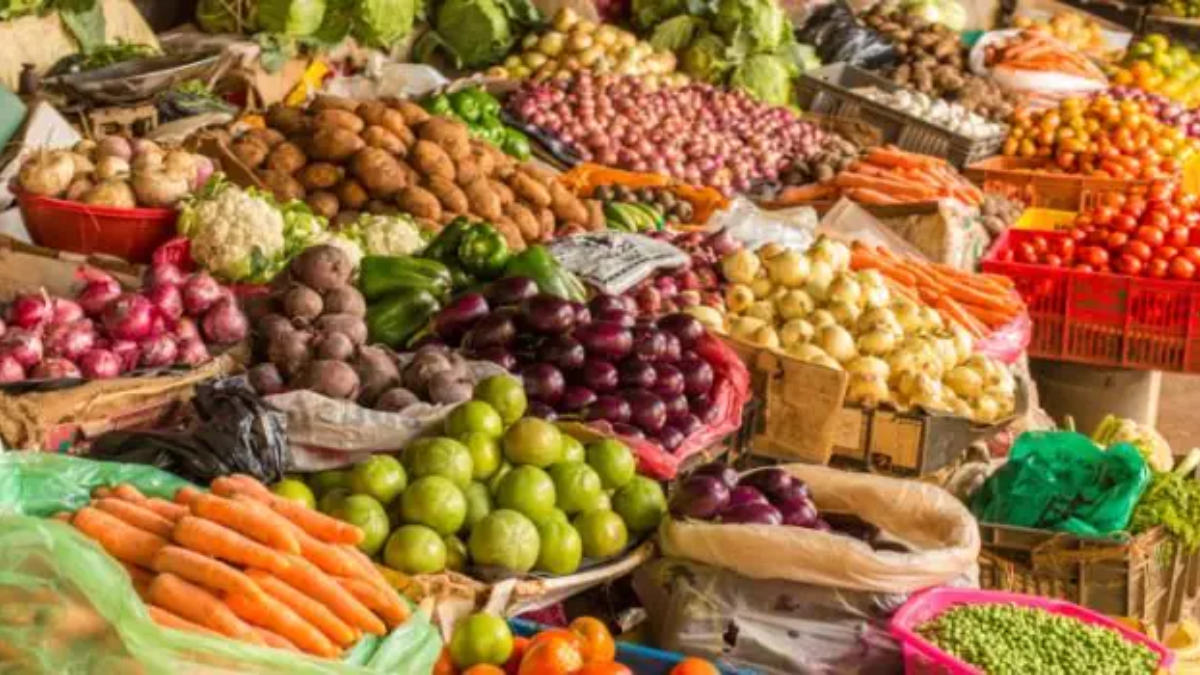News
Mauritius to Prioritize Food Sovereignty & Security

In a recent interview by Defi Media, Jacqueline Sauzier, a prominent figure in the Mauritian agricultural sector, emphasized the importance of food sovereignty for the country. While acknowledging the significance of food security, she stressed that food sovereignty should be the top priority.

Food sovereignty refers to the capacity of a country to produce its own food locally, rather than relying heavily on imports.
Mauritius has a significant dependence on imports to meet its food requirements. The country’s import bill for food and agriculture has exceeded Rs 12 billion in the first quarter of 2024 alone.
This vulnerability was evident during the COVID-19 pandemic and the ongoing war in Ukraine, which disrupted global food supply chains.
To address this issue, Sauzier suggested that the country needs a strategic plan to promote local food production.
This plan should involve identifying key crops that can be produced locally and implementing a substitution mechanism to reduce reliance on imports.
One way to achieve this is by encouraging consumers to adopt local and seasonal produce, even if they are not as aesthetically pleasing as their imported counterparts.
For instance, instead of importing potatoes during the off-season, consumers could opt for locally grown sweet potatoes, manioc, or yams.
Similarly, fruits like papaya, banana, and mangoes can be consumed locally during their respective seasons, reducing the need for imports.
The Mauritius Chamber of Agriculture (MCA) has been actively working towards promoting sustainable agriculture practices and increasing local food production.
The MCA has launched the Smart Agriculture project, which aims to reduce the use of chemical inputs and pesticides by farmers.
The project has shown promising results, with participating farmers able to maintain their income levels while reducing their pesticide usage by 57%.
The MCA has also established training programs for those interested in agriculture, including the “Starting Your Journey in Agriculture” program.
The Regional Training Centre (RTC) has been instrumental in providing training and capacity-building initiatives for farmers and agricultural workers.
To improve food storage and distribution, Sauzier recommended that the government implement measures to reduce losses in the agricultural supply chain.
This can be achieved through improved farming practices, planning production to avoid surpluses and shortages, and establishing storage facilities closer to production areas.
The MCA has already initiated several initiatives to improve food security in Mauritius. The MCA is seated on various bodies, including the Agricultural Marketing Board and the Small Farmers Welfare Fund, to enable collaboration with government agencies and other stakeholders to promote sustainable agriculture practices.
In conclusion, Mauritius must prioritize food sovereignty to ensure its food security. By adopting local and seasonal produce, supporting sustainable agriculture practices, and improving food storage and distribution, the country can reduce its reliance on imports and become more self-sufficient.
Source: Defi Media











